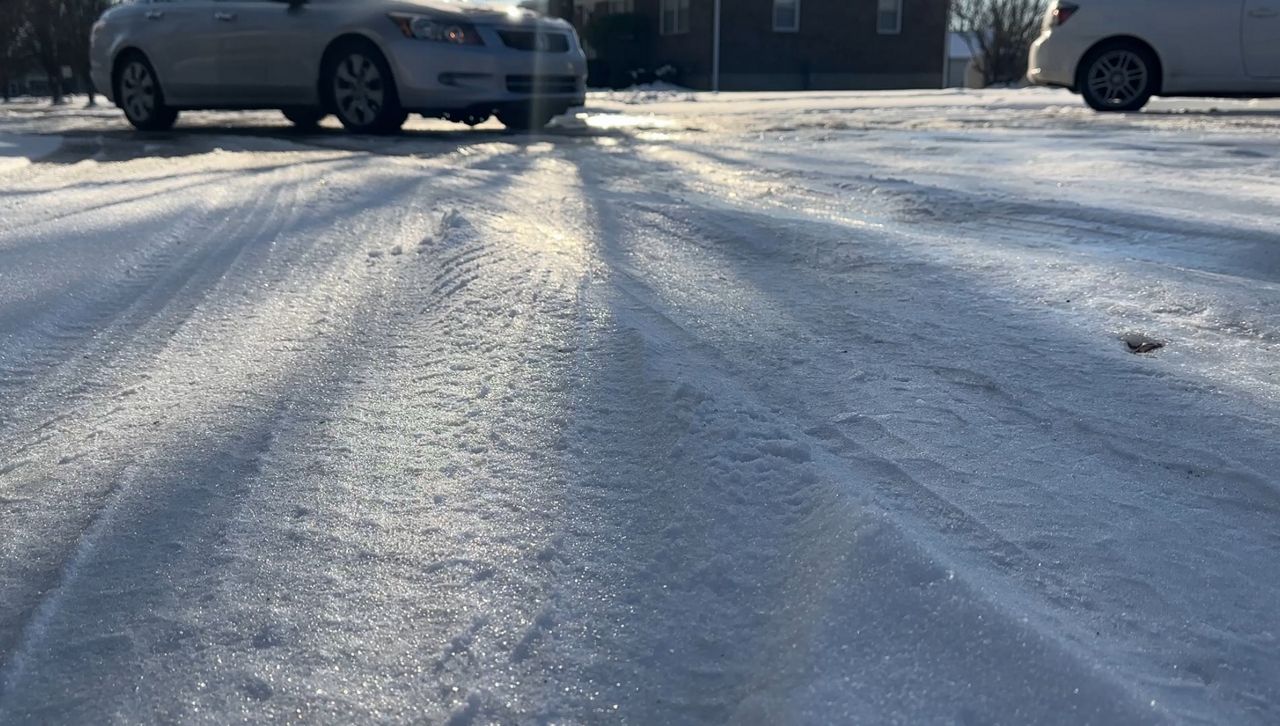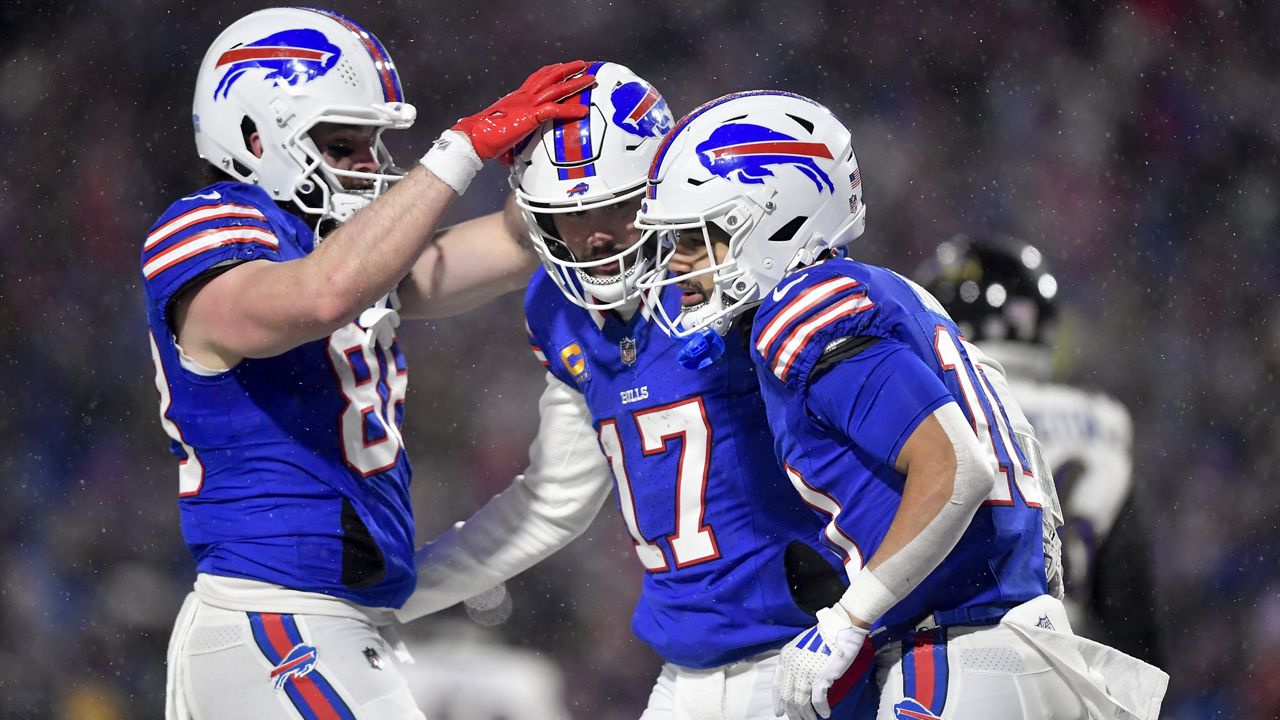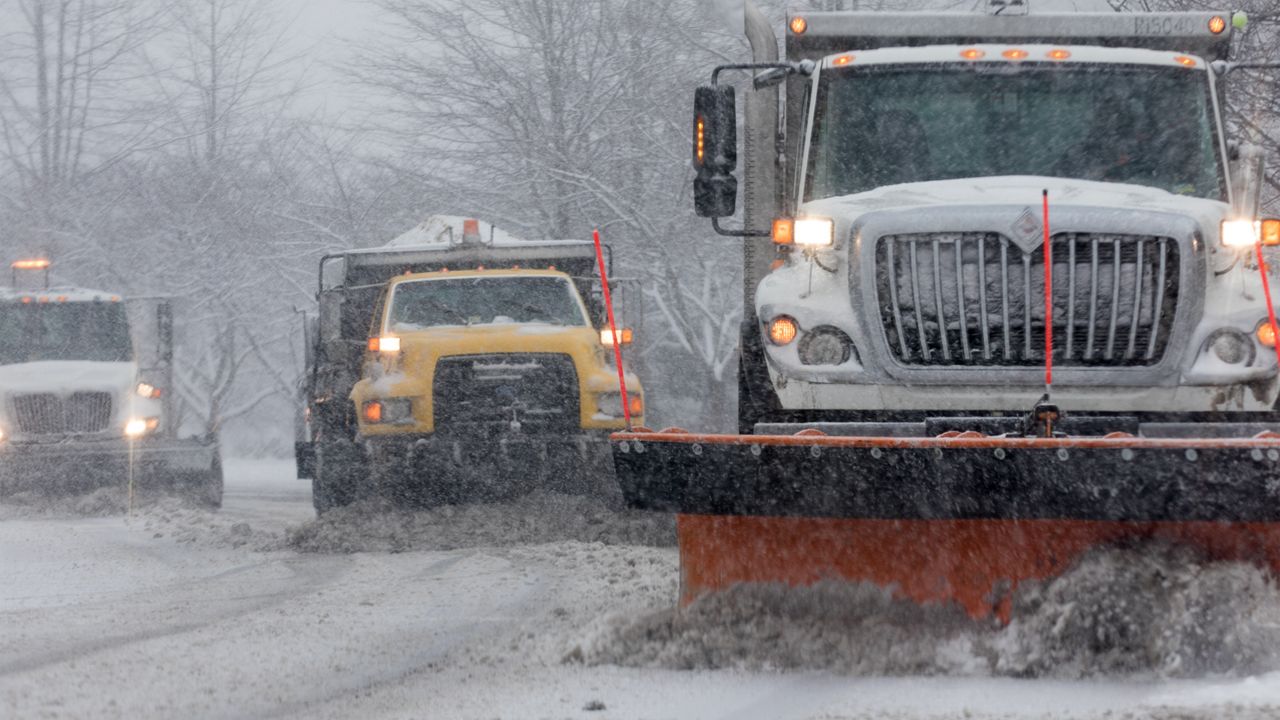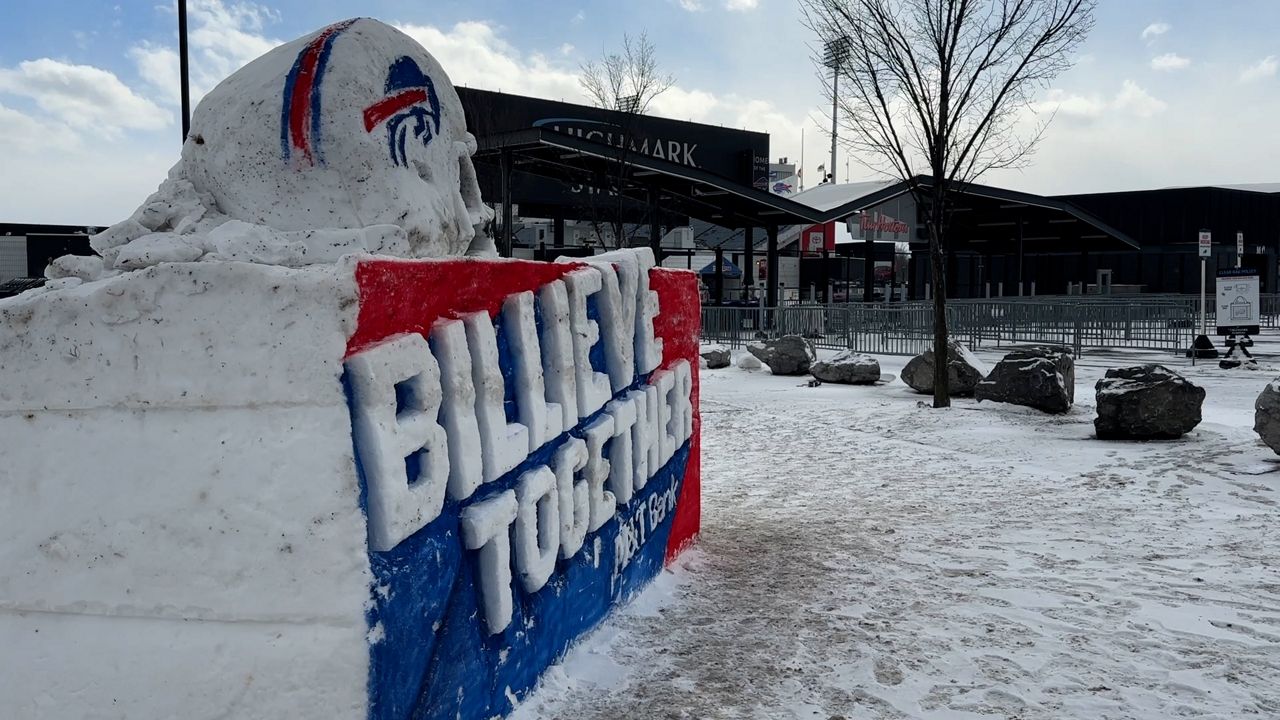BUFFALO, N.Y. — New York State Attorney General Letitia James announced Wednesday that her office is suing PepsiCo over alleged plastic pollution.
In a complaint filed in Erie County Supreme Court, James accused the company of causing a public nuisance and failure to warn consumers of the potential environmental and health risks of its packaging, citing plastic pollution in the Buffalo River as an example.
“Every New Yorker has a right to clean air, clean water and a healthy environment. All communities. And that’s not just a value statement — that’s in our Constitution,” James said alongside the Buffalo-Niagara Waterkeeper at a press conference at Buffalo’s Canalside on Wednesday.
“There are horrendous amounts of plastic and containers and waste that the producers of these products know is most likely going to end up in the environment,” said Jill Jedlicka, executive director, Buffalo-Niagara Waterkeeper. “And they have failed to do any meaningful action to help reduce that waste impact or to even modify or change their products themselves.”
A survey conducted by the Attorney General’s Office found the majority of identifiable plastic pollution in the Buffalo River came from PepsiCo.
James said the plastics break down into microplastics and nanoplastics that ultimately are consumed by wildlife, which is harmful to their health. These plastics also break down into drinking water and can make their way into the bloodstream.
Below is the full complaint:








